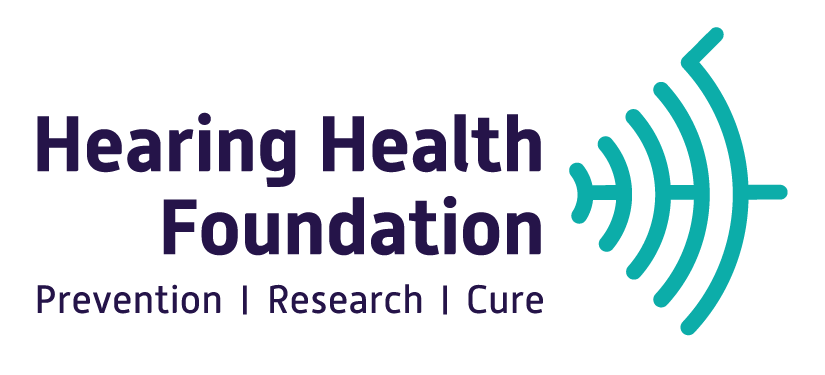Potential solutions include reducing dynamic range, volume reduction when not actively participating in the game, and actively reducing sounds that are known to induce tinnitus, or hearing ringing or buzzing sounds.
Genetic Reprogramming Converts Nonsensory Cells into Sensory Cells in the Mature Cochlea
We have artificially expressed three key hair cell fate promoting proteins in nonsensory cells of adult mice, and found that a significant number of these cells will convert into cells resembling hair cells. This offers a potential strategy for hair cell regeneration.
Changes in the Brain with Age and Hearing Loss
A better understanding of how our brains process patterns with aging and hearing loss, and when neural responses are exaggerated versus diminished, can aid in developing treatments and devices to improve age- and hearing loss-related hearing difficulties.
Seeing Friends at ARO in Anaheim
Palpable excitement was raised by reports from researchers who have recently published results of landmark gene therapy trials in young children targeting the otoferlin gene.
Mathematical Analysis of Zebrafish Cell Shape Shows Connection With Cell Function
Our results demonstrate the utility of using 3D cell shape features to characterize, compare, and classify cells in a living, developing organism.
Combination of Four Genes May Help Regrow New Auditory Hair Cells in Mammals
Two months after treatment, we saw that some GAPS-treated guinea pigs had a statistically significant increase in new hair cell-like cells compared with controls. Future steps will be to investigate the origin as well as the function of these hair cell-like cells.
An Essential Signaling Cascade for Hair Cell Regeneration in Birds
This work provides a new starting point to investigate the natural triggers of hair cell regeneration in birds. We also identified novel genes that drive hair cell regeneration in the chicken inner ear. These novel genes will be key for investigating their potential role in triggering a change in supporting cells in mammals, in the damaged mouse or human cochlea.
Recruiting for a Gene Therapy Trial
Right now we are actively recruiting volunteers with hearing loss to participate in an outpatient research study to understand the genes that cause non-syndromic autosomal dominant hearing loss (DFNA).
Our Impact This Year, Thanks to You
Loss of Auditory Nerve Fibers Uncovered in Individuals With Tinnitus
A new study from Mass Eye and Ear investigators shows that individuals who report tinnitus are experiencing auditory nerve loss that is not picked up by conventional hearing tests, known as cochlear synaptopathy, which is commonly referred to as “hidden hearing loss.”


